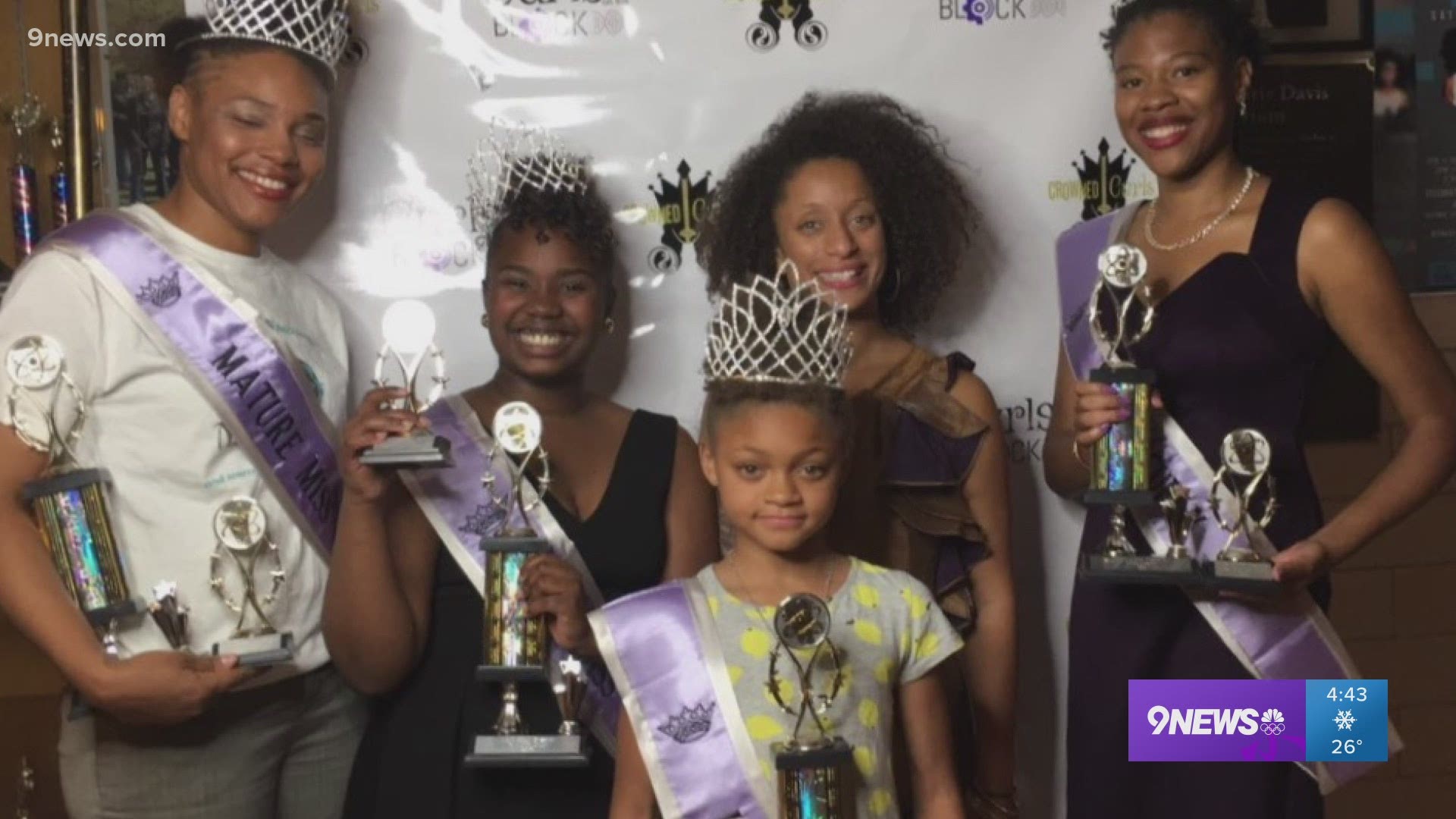DENVER — When your hair is labeled wild, unbecoming and unprofessional, embracing your natural curls doesn’t always come easy. Black women have long faced certain prejudices against natural hair in professional and academic settings. The rejection of Black hair has a long history rooted in slavery.
For curly girls, accepting natural hair is usually a process that starts at a young age.
“They know by four years old what’s considered good, bad, pretty, ugly…," said Annalise Harris.
She's a special needs teacher for Denver Public Schools as well as the founder of Curls on the Block, an afterschool program aimed at teaching girls of "all curls and colors" to embrace, explore and empower their natural selves.
Harris said she sees Black and brown girls struggling emotionally and socially in school every day, and that she's realized many of those behavioral issues were centered on self-esteem.
“Watching a young Black girl basically get suspended off of wearing a pink bandanna and she refused to take it off. it escalated out of the classroom and she got a suspension,” Harris said. “I just realized I have to do something else where girls feel comfortable, and if that’s not in the class immediately, let’s create a space for them to really take their hair out.”
Curls on the Block was founded in 2017, and the curriculum combines the world of beauty with science, technology, engineering, art and math (STEAM).
“There’s like 4% of women who are going to major in computer science and even fewer Black girls," Harris said. "We tried other things and they don’t work.
"What does the scientist look like? Typically not them. So now we’re changing that with representation saying, ‘let’s do science to make something that you can use actually on yourself that makes you look good.’”
The lessons include testing the PH level in local water, researching ingredients in hair products and making flax seed hair gel. Each session weaves STEAM into the love of hair and beauty.
“It’s almost like a safe space,” said 19-year-old Trinity Burch, a graduate of Curls on the Block.
Burch joined Curls on the Block as a freshman in high school. She said she was one of only three Black girls in her entire grade.
“In a school full of people who didn’t look like me," Burch said, "ok, I have this hour once a week to get to know these people and people who relate to me.
"They also look like me and they also have the same issues as me. They wake up and they don’t know how to do their hair. It’s comforting.”
With the success of Curls on the Block, Harris started a beauty pageant.
The Miss Curly Self-eSTEAM pageant includes a focus on healthy and active lifestyles, cultural appreciation and pitching original products or services to enhance the curly community.
“My curly hair journey has been a lot! I loved every step of it. It really helped me figure out myself a little bit more,” Reigning Miss Curly USA 2021 Arlette Dervil said.
Curls on the Block’s message is clear: whether curly, kinky, coily, or wavy – own your crown and wear it proudly.
Curls on the Block curriculum can be brought into any school or organization. Click here for more information.
SUGGESTED VIDEOS: Black History Month

